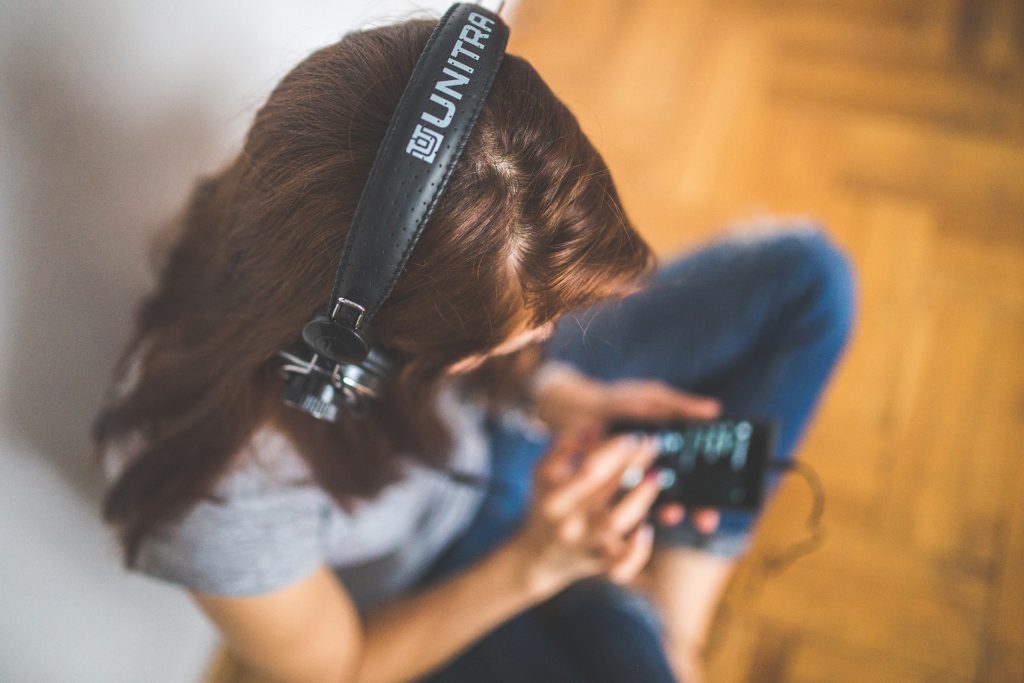
One of the things that brings me a lot of comfort is something called ASMR–or Autonomous Sensory Meridian Response–which relates to sounds that elicit a certain response from one’s scalp, neck, & spine. Apparently, only a certain percentage of the population (as widely ranging as 20% to 70%) has this kind of response to things like whispering, cutting hair, & highly sensitive sounds that only special microphones can capture. The prevailing thought is that these sound relax the body & can hearken back to childhood, focusing one on mindfulness & inciting a “flow-like mental state.” I had read about the phenomenon & wanted to see if I were of that affected population, &, lo & behold, yes I am. It’s actually been a fortuitous discovery, as listening to ASMR videos of whispering, diffused air vapors, passing hands over brush bristles, & stroking wood can help release a lot of stress & tension.
It might seem strange at first, but it’s not so far-fetched, I promise.
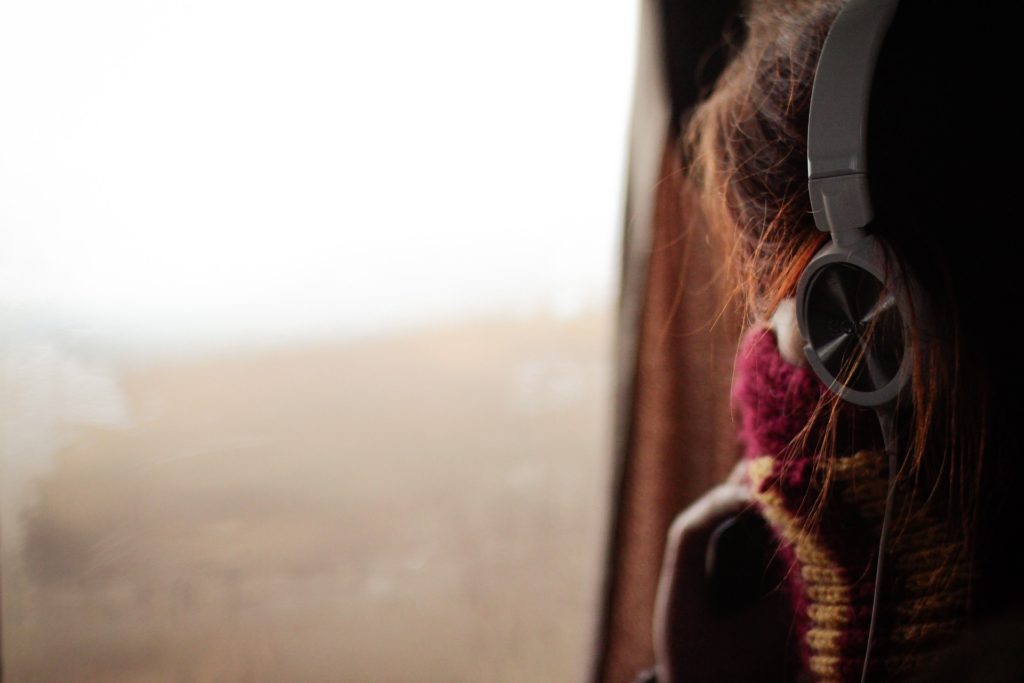
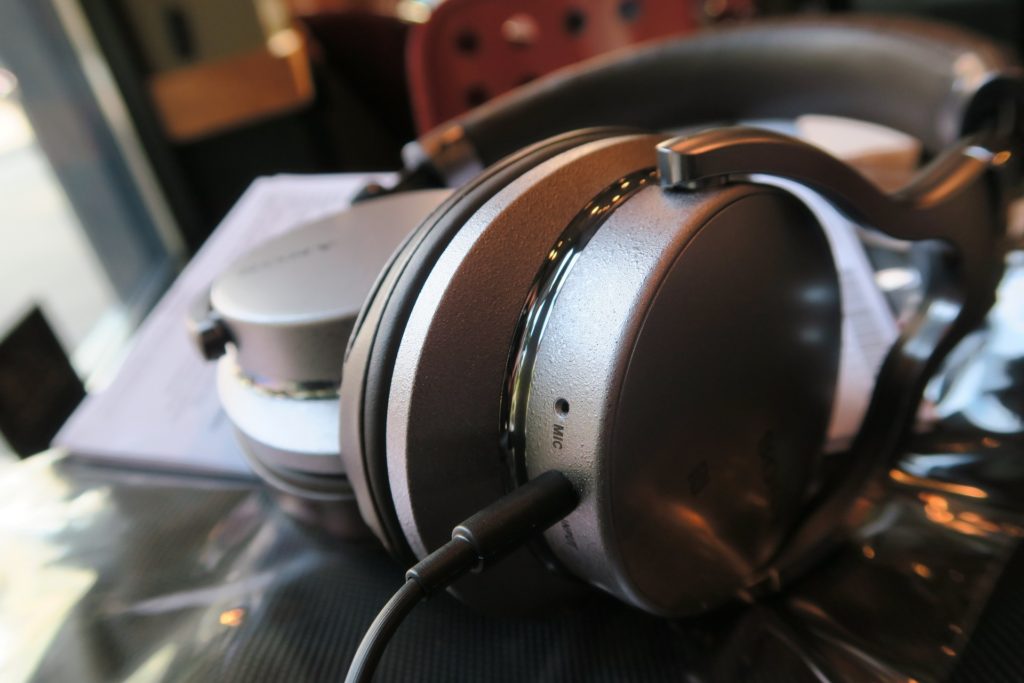
Really, at first, it seemed very odd to me, too, but then I realized millions of people have found relief from stimuli through listening to these videos. Now some can veer into unsavory territory, which I avoid, but one of my favorite sound artists is “Gentle Whispering ASMR” (pictured in the images below) on YouTube, as she offers a wide range of options for listeners to choose. She appears to genuinely want to help those affected by anxiety & stress, afflictions that do impact a number of introverts, especially over-achiever introverts with careers. Taking the time to slow down & focus on simple sounds can help the listener to be in the present state, aware of the body & taking in the moment with care & intention. That’s a huge gift in this increasingly digitized world of machines & data. When my therapist suggested listening to mindfulness videos or guided meditations, I told that I had been listening to ASMR for a while.
In fact, I find ASMR particularly useful when trying to slow down my brain in order to sleep. It’s amazing how much I think & analyze things, over & over.
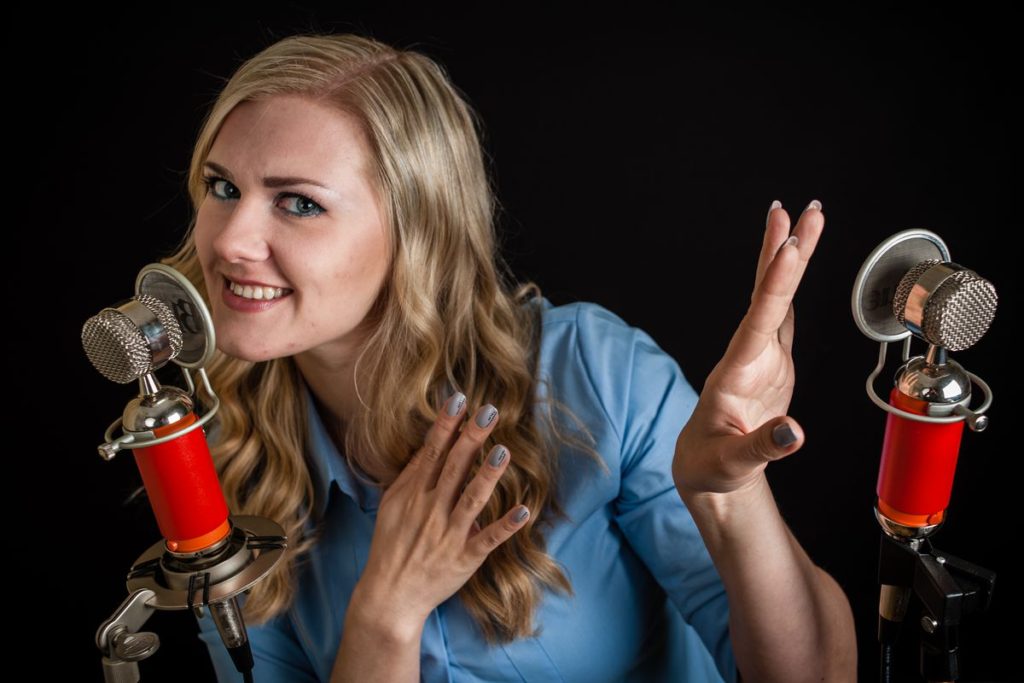
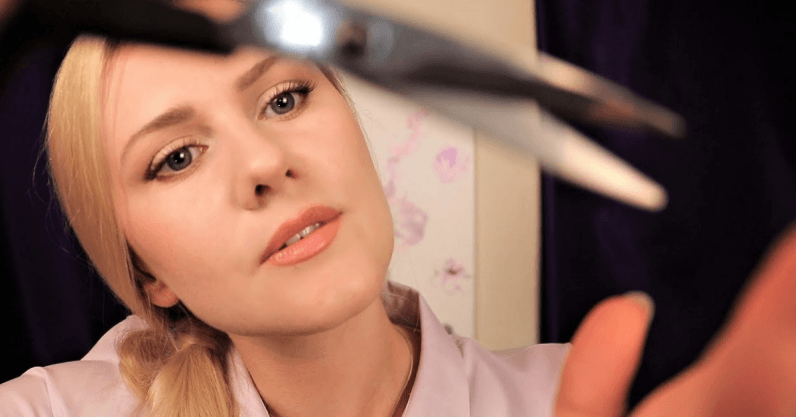
In all candor, I felt reluctant to share this in a blog post, but then I thought that perhaps ASMR might help other overly stressed Type A, OCD, introvert personalities who find themselves needing to cope with schedules, deadlines, & the pressures of performance. Basically, people like me. Many creative & analytical minds come at a cost, & the mind just doesn’t always know when to shut down or power off. And the point of this blog wasn’t just for helping myself (even though my renewed interest in writing stemmed from a self-disruption experiment) but rather to relate to others like me to normalize these symptoms of modern life. Our digital world of technological advancement causes discord & cacophony. Quiet souls at heart need ways to survive & maintain sanity in the face of that fast pace, stimulation, & constant change.
Mindfulness activities can really help.
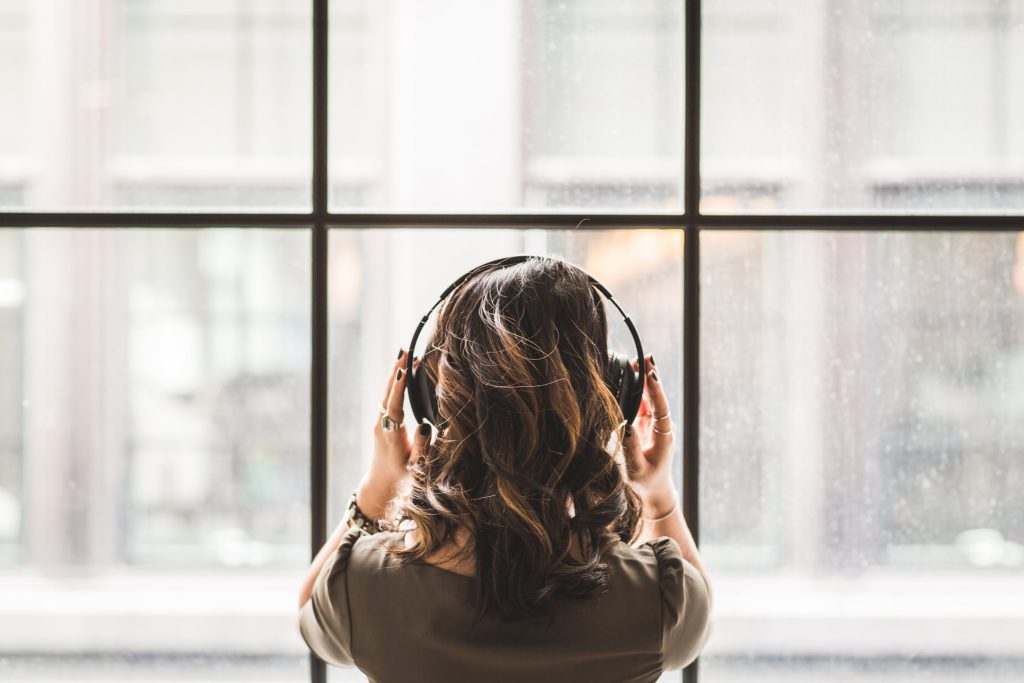
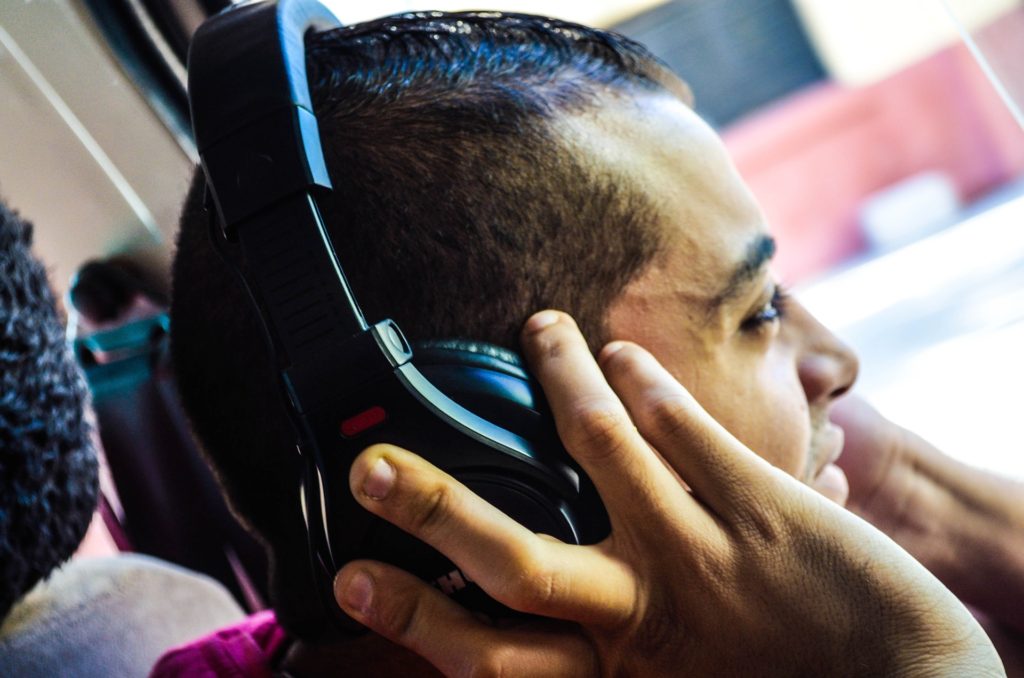
Another legitimizing aspect of ASMR is that it’s not a new thing. One of the earliest references actually comes from Virginia Woolf’s masterpiece Mrs. Dalloway, where a nurse tending to her patient is described as having a euphoric effect through her voice in speaking “deeply, softly, like a mellow organ, but with a roughness in her voice like a grasshopper’s, which rasped his spine deliciously & sent running up into his brain waves of sound.” Certainly, that’s the effect. Many describe the sensation as a tingling or prickling of the nerves, shooting sensations from the head down the neck to the spine, even running down the back. For me, it’s like shivers you get when you get a sudden chill, but more pleasant. Some theorize that the whispering or quiet sounds relate to childhood experiences of hearing a story read to you in a parent’s lap or watching a puppet show–activities of innocence but positive in association.
Weirdly enough, many journalists have cited famous television personality & art teacher Bob Ross as an example of an ASMR vocalist. from some of his episodes of The Joy of Painting, viewers have reported ASMR affects from his soft speaking & the gentle sounds of painting, the brush strokes & palette scraping.
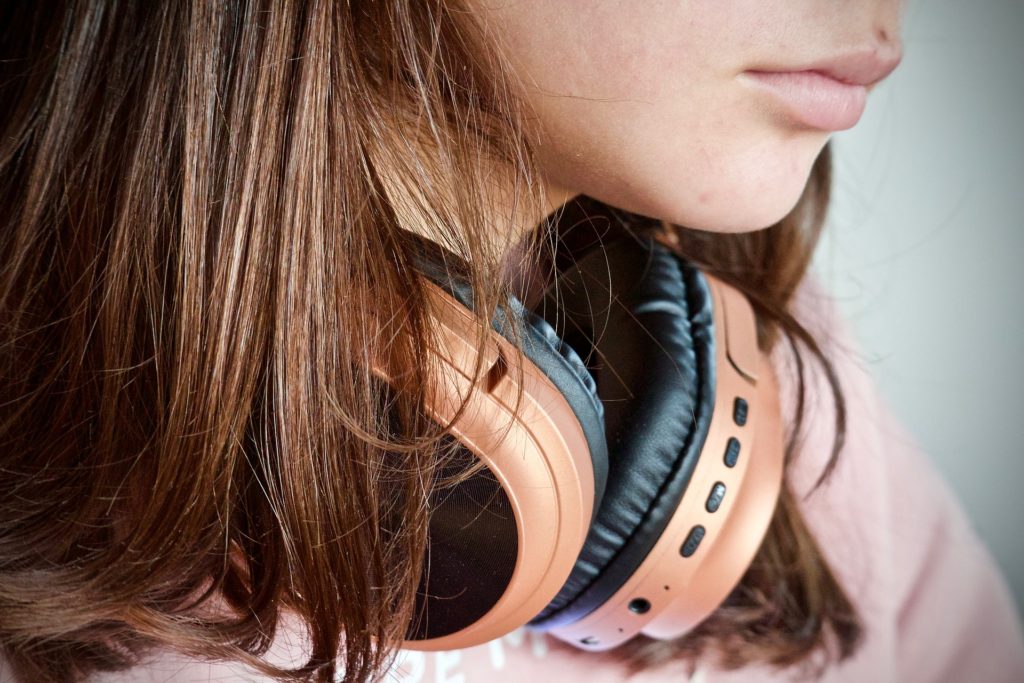
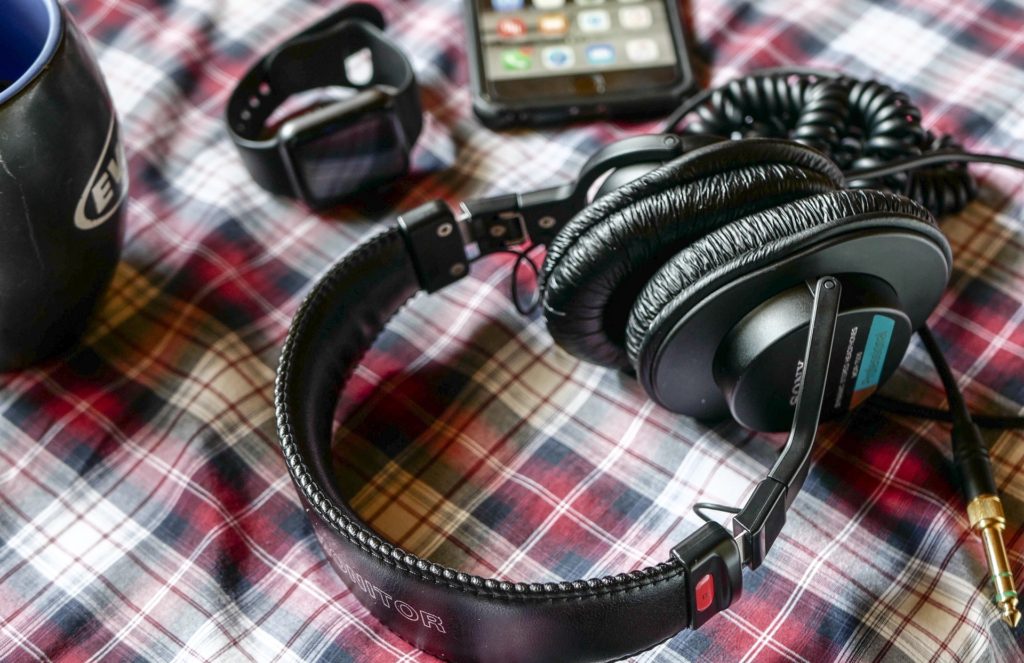
So, I invite you to check out some ASMR videos on YouTube if you aren’t sure if you’re one of the lucky ones who can find pleasant relaxation from listening to those barely audible sounds. Just don’t knock it until you try it, & please refrain from judging those of us who do derive some kind of respite from this coping strategy. And if you ARE one of the lucky ones who find soothing from these sounds, then you’re welcome. That’s my central goal. Just sharing some of the things that have been working for me with others who have to manage their stress levels & anxiety. We have to find solace where we can, right?
Anyway, happy listening! May you find the sounds that help you more easily find that elusive peace of mind.
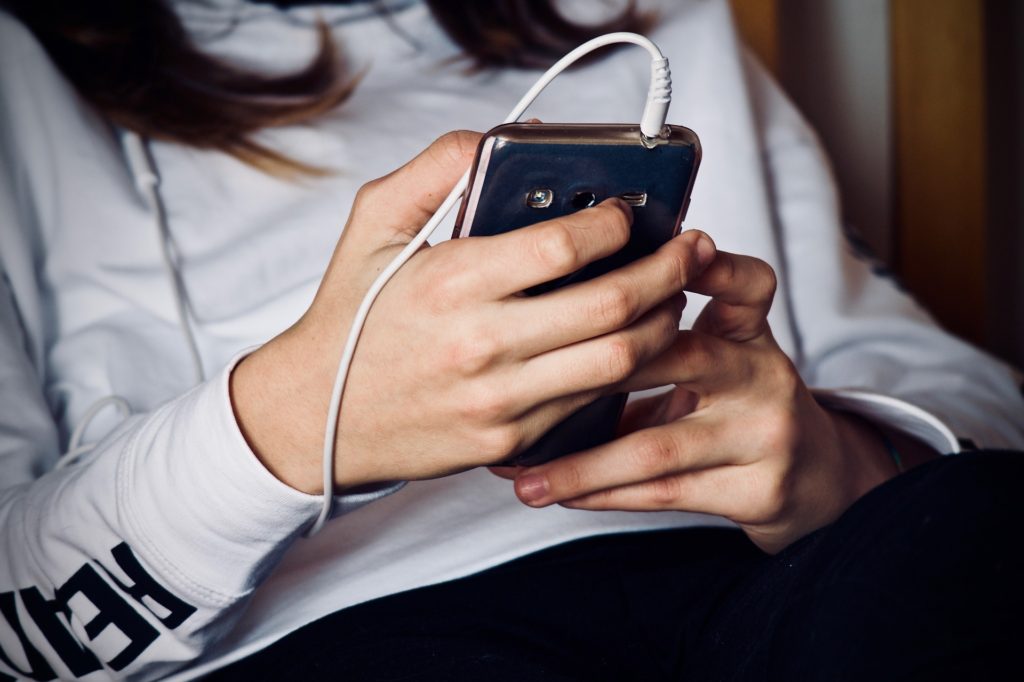
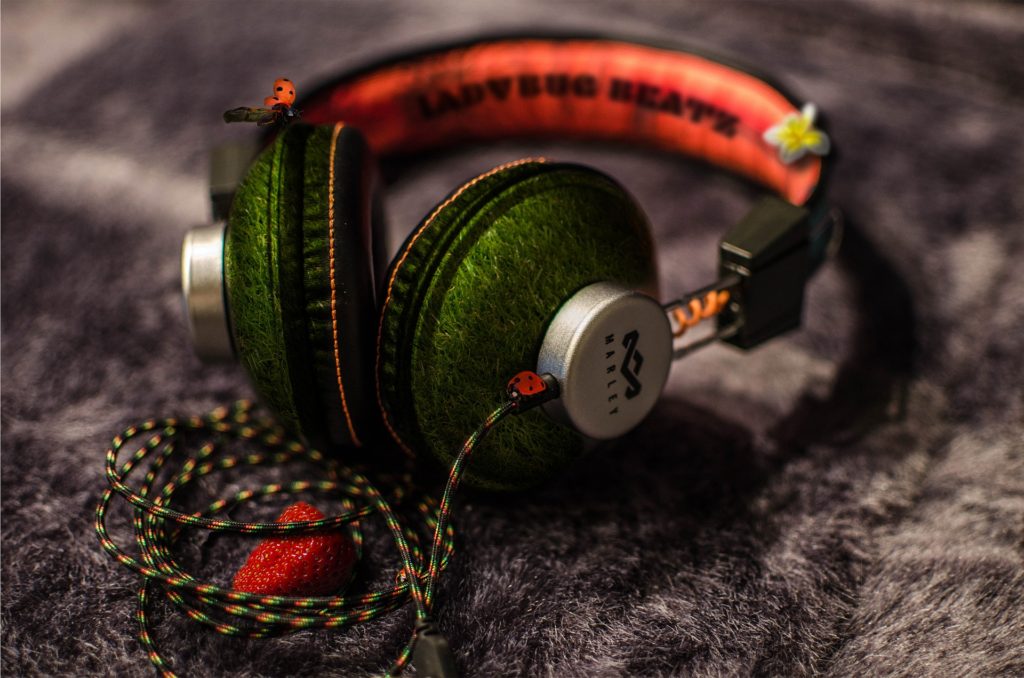
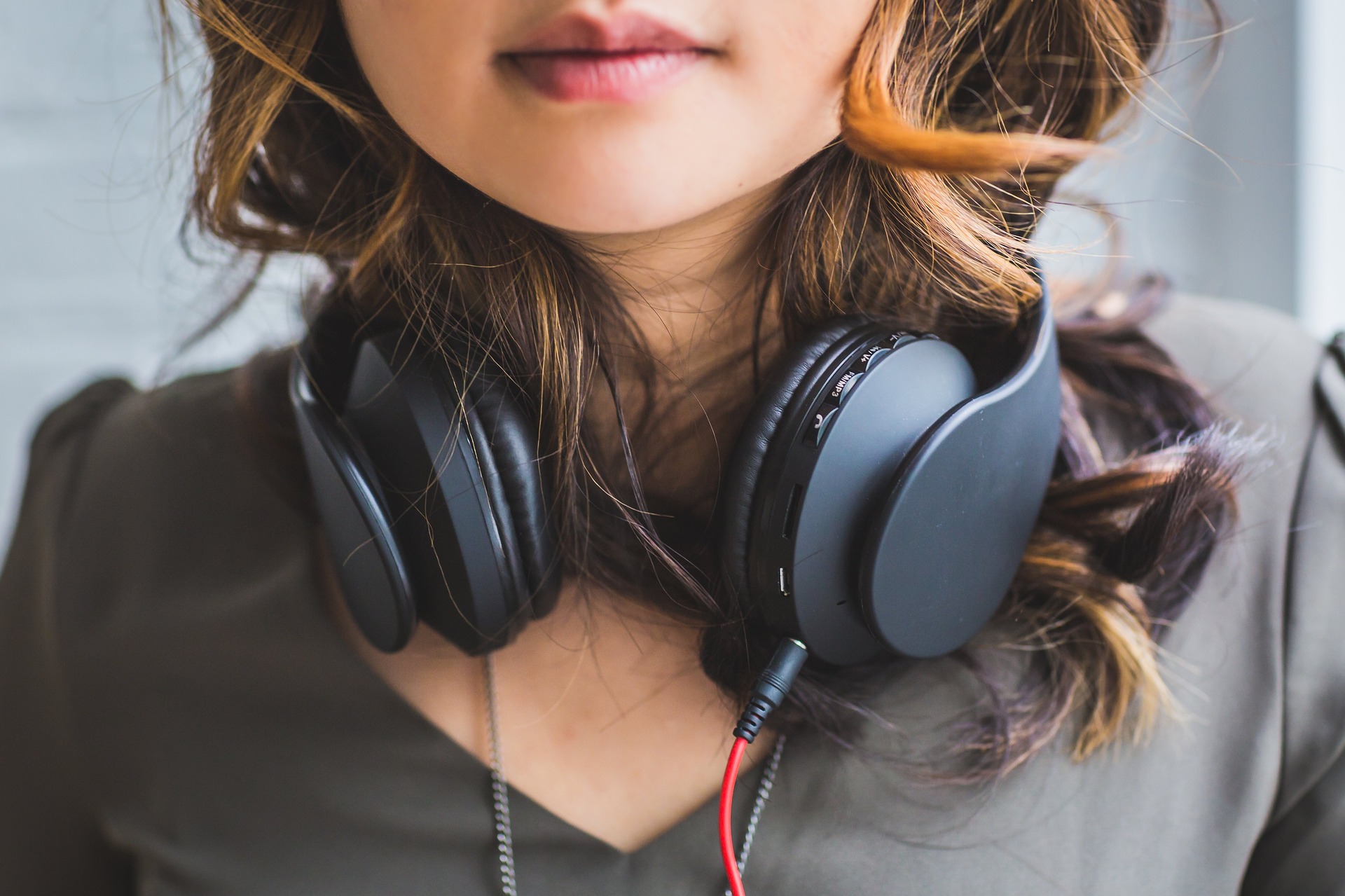
One of the ones I enjoy is hair brushing. I don’t personally like to be touched but it’s a soothing sound. I also like binaural beats. Anything that allows me to pt my headphones on And tone out another world is wonderful. I haven’t had time to tap into the amount of sensory I would like to but it’ll come on my next stretch off of work.
I just recently learned what ASMR is. It’s intriguing for sure. I might have to give it a try. I have a hard time sleeping at night because my mind races. I currently listen to audiobooks and they help me relax and fall asleep. I’ll have to check this out and see if it works any better.
I have never heard of ASMR, so I was intrigued by your information. I can understand why this might be helpful and I am almost positive that I would be one who would benefit from those infinite sounds. Thanks for sharing.